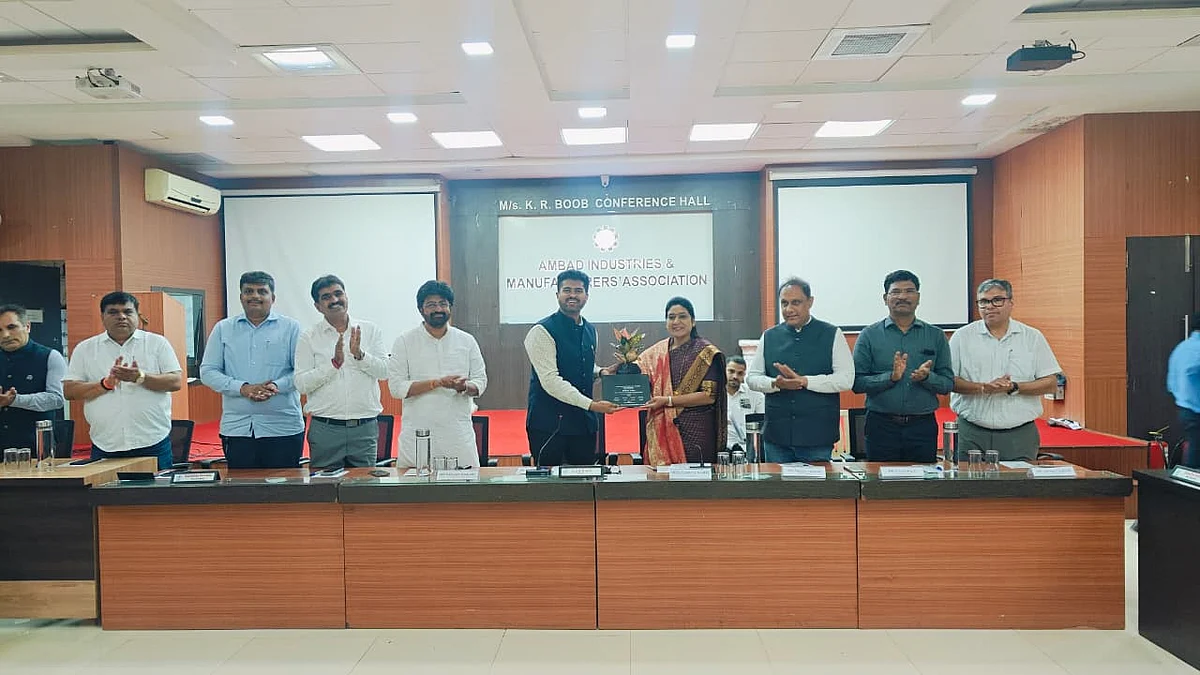Mumbai: The Bombay High Court has clarified that a judgement pronounced in an open court but signed by the judge after he was transferred is a valid ruling. It was hearing a petition filed by one Suvarna Taras, who challenged the February order setting aside the status quo in her favour. She contended that the judge signed the order after he was transferred. The defendants were a developer, who is also associated with the BJP, and other family members.
2019 matter
The case was recently heard by HC Justice Sharmila Deshmukh who said that she wasn't inclined to accept the submission that the judgment was signed after transfer. “In view of the roznama on record and date below the signature, the aforesaid decisions are relied upon to drive home the point that judicial act of pronouncement of judgment in open court was complete and hence no fault can be found in the manner of delivery,” the judge added. Referring to a SC verdict, the court said, “The apex court has held that the judgment to be operative does not await signing thereof by the court. It is not that after pronouncement the judgment was altered.”
In 2019, Taras had originally filed a suit seeking partition and possession of her share in four properties in Pune. She also sought a declaration that five sale deeds or agreement of sale deeds executed by her father and brothers in favour of the developer were not binding on her. The trial court partly allowed her interim application and directed all the defendants to maintain the status quo. Two of the defendant’s challenged this before appellate court, which set aside the previous order.
Her Advocate Vikram Walwalkar contended that the judgement indicates it was signed on February 23 while the web status showed it was signed on March 27. However, the judge was transferred on March 16 with immediate effect.
Advocate Amigh Singh, appearing for the defendants, submitted that the ruling was pronounced in an open court in the presence of both parties and the roznama stated this fact. He further argued that the original suit was instituted in 2019 despite the petitioner learning about the transfer of properties in 2012.
Justice Deshmukh noted that the balance of favour was with the defendant who purchased the property almost 11 years before the suit was instituted and created third party rights. The judge further said that the ancestral properties, which have been alienated, could be adjusted against the share of other coparceners at the time of final adjudication.








.png)



